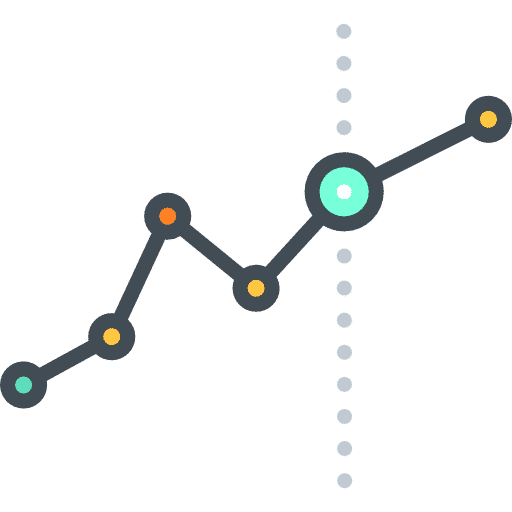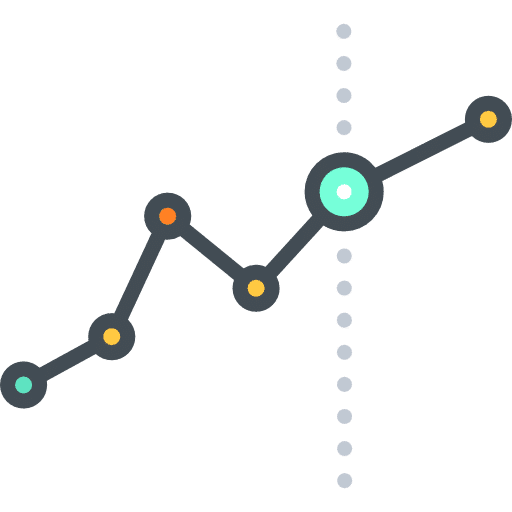Regulator Data – Implementing credit drift for scenario-conditioned credit scores also provides a mechanism for lenders to communicate changes in risk profile more effectively to auditors, regulators, and other stakeholders as well as individual borrowers.
Economic Data – Controlling for economic factors in the credit score process can provide key insights and allow lenders to disentangle credit risk due to borrower idiosyncratic factors from broader external trends in the economy. – Moody’s Analytics
Supply-chain Data
_________________________
Social Network Data – Research shows that borrowed credit score, the number of successes, prestige, the number of failures, repayment period, forum currency are the essential attributes for predicting the default. In these factors, prestige and forum currency are social network information, the repayment period is loan information, and others are credit information. The credit score is less important than the six other attributes. – Science Direct
Digital Footprint – Users give explicit permission to social data, digital footprints, and blockchain data can supplement when traditional methods like government docs, financial institution KYC, Etc., are unavailable. A study conducted by the FDIC using 250,000 observations using digital footprints suggests that a lender that uses data from both sources (credit bureau score + digital footprint) can make superior lending decisions compared to lenders that only access one of the two sources of information.
APIs
Blockchain Data – Cryptocurrencies, NFTs, Metaverse, IoT Devices
_________________________
Financial Data – Plaid
_________________________
Credit Data – CRA
_________________________

























